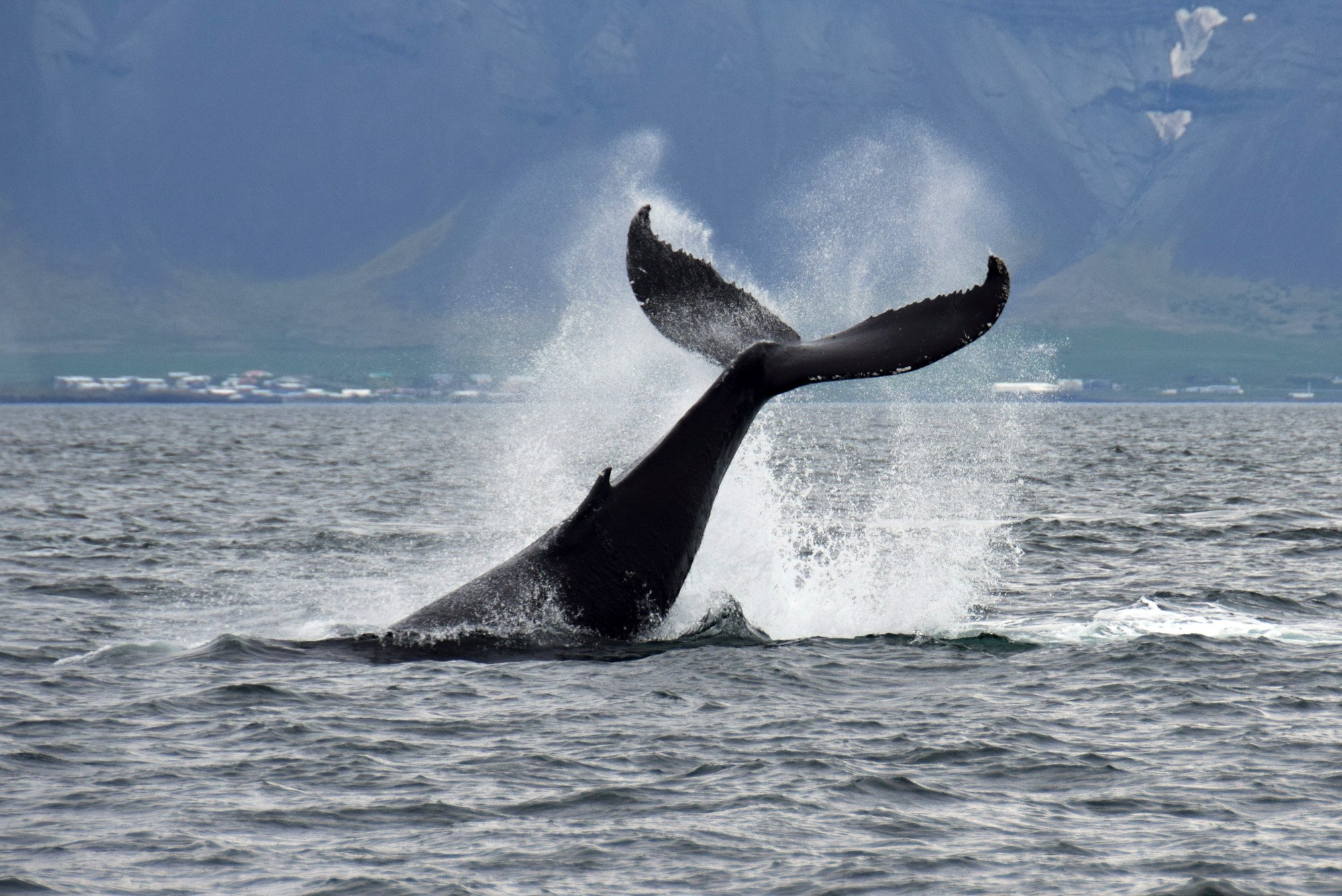Observing whales is a memorable experience that evokes the awe of nature and links us to the magnificent creatures of the ocean. As we journey into the open waters, the excitement of encountering these immense animals in their natural habitat is not only a moment of awe but also a step towards comprehending their importance in our ecosystem. Each sighting, whether it's a humpback breaching or a grey whale migrating, serves as a reminder of the splendor and complexity of marine life.
Beyond the excitement of spotting a whale, this pursuit plays a significant role in advancing ocean conservation. By taking part in whale watching, individuals become more aware of the challenges these magnificent animals face, such as habitat loss and climate change. This heightened awareness fosters a sense of duty towards preserving our oceans, making whale watching a significant tool for conservation efforts.
The Influence of Whale Observation on Conservation
Cetacean observation has evolved from a recreational activity into a powerful tool for marine preservation. By bringing numerous tourists to coastal regions, this initiative generates significant economic benefits that can be allocated into marine protection projects. The revenue collected through admissions, excursions, and associated activities often support local environmental projects, whale population tracking, and habitat preservation projects. In this way, whale watching not only provides enjoyment for tourists but also fosters a sense of responsibility towards the ocean ecosystem.
Amplified knowledge about the plight of whales and the oceanic environment is another critical outcome of cetacean observation. As people encounter these magnificent creatures in their natural habitat, they often develop a deeper personal attachment to them. This encounter can lead to greater advocacy for ocean protection and heightened public interest in ecological matters. Learning elements of whale watching excursions, such as talks from informed guides, further emphasize the importance of preserving cetacean species and their habitats, creating informed advocates for aquatic health.

Additionally, whale watching can lead to beneficial changes in local fishery policies and guidelines. whale watching in iceland and coastal communities may understand the importance of protecting whales and their marine environments, understanding that healthy aquatic habitats benefit both nature and human livelihoods. As communities shift their focus towards responsible tourism rather than exploitative fishing methods, the overall health of ocean environments can improve, providing a win-win situation for protection and financial growth.
Advancing Responsible Methods
Responsible whale viewing approaches is vital for protecting oceanic environments as they permit individuals to experience the grandeur of these impressive animals. Operators are increasingly embracing guidelines that reduce disturbance to whales, such as keeping appropriate separations and limiting the number of craft in the vicinity. These practices assist secure that the creatures can thrive in their home, supporting both their well-being and the future of the whale watching industry as a whole.
Awareness takes a key role in promoting environmental stewardship through whale viewing. Several tour companies use their opportunities to enlighten visitors about the value of aquatic species and the threats faced by whales in the present, such as habitat loss and climate change. By teaching tourists about ethical behaviors and the effects of our actions on aquatic habitats, these experiences nurture a sense of care among tourists, inspiring them to back sustainability programs after their adventure at the water.
Besides boosting environmental consciousness, whale observation can generate substantial resources for ocean preservation projects. A portion of proceeds from tickets commonly is allocated directly to scientific exploration and preservation efforts intended at safeguarding whale populations and their habitats. This monetary backing aids sustain critical environmental projects, encouraging to create a positive feedback loop where tourism and sustainability boost each other, consequently aiding both the marine creatures and the communities that depend on them.
The Role of Education and Awareness
Whale observation acts as a powerful tool for learning and understanding, cultivating a deep admiration for oceanic creatures among participants. Each trip offers an opportunity for experts to share information about whale species, their behaviors, and the ecosystems they live in. This direct experience can ignite a curiosity that encourages individuals to discover more about ocean conservation and the challenges faced by marine animals. By engaging with wildlife in their natural habitat, people frequently develop a stronger bond to these majestic creatures.
Moreover, many whale watching companies include conservation messages into their tours, highlighting the importance of preserving marine environments. This education extends beyond the boat, as tourists are often encouraged to pass on their newfound knowledge with friends and family. By increasing understanding about the dangers whales face, such as global warming, contamination, and collisions with vessels, whale watching creates a ripple effect that can influence community attitudes and behaviors regarding ocean preservation.
The impact of whale watching on education and understanding can be observed in various local and global efforts aimed at protecting oceanic habitats. As tourists become more knowledgeable of the complexities of marine life, many are motivated to participate in conservation efforts, whether through volunteering, supporting eco-friendly initiatives, or advocating for policy changes. In conclusion, whale watching goes beyond just an amazing outing; it becomes a vital part of the broader movement toward protecting the seas and environmental responsibility.
